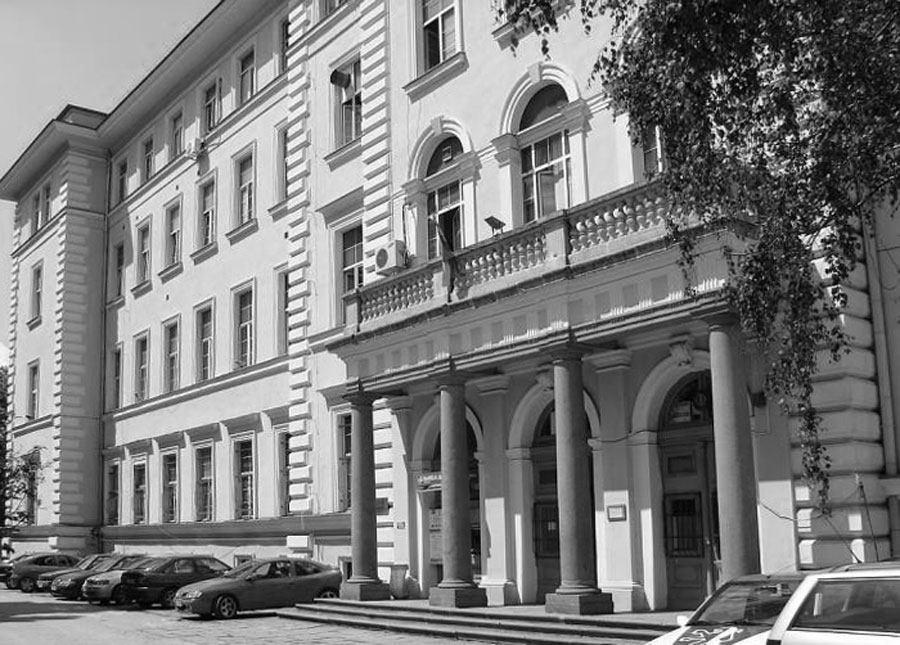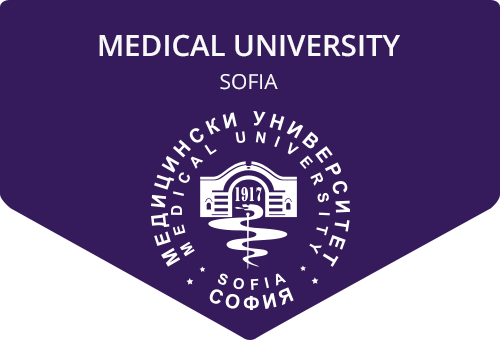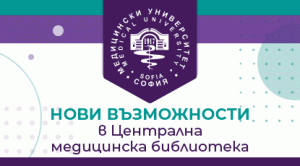For many years after Bulgaria’s liberation, pharmacists have graduated from leading foreign universities. After 1880, only the pharmacist’s assistants were prepared in the country by a regulation approved by the Supreme Medical Council.
Therefore, the creation of the Pharmaceutical Department at the Faculty of Physics and Mathematics of the Sofia University in 1942, at the suggestion of Prof. Alexiev, was the first focal point of the scientific pharmacy in Bulgaria. The transfer of this department in 1951 to the newly established Medical Academy marks the beginning of today’s Faculty of Pharmacy at the Medical University of Sofia with First Dean Prof. Dimitar Dalev.


The beginning of the dental profession in Bulgaria was made by Dr. Friedrich Karl Flamich, born in Prague. In 1869, he was the first graduate dentist who got the right to practice in Rousse and later held a colloquium in Sofia under the then public health law. The museum of the Faculty of dental medicine carries his name, where some museum exhibits are preserved.
The first Maxillofacial Surgery Clinic was established 77 years ago in the 1940s. Over the years from its establishment to the present day, the Faculty of Dental Medicine has graduated over 10 300 Bulgarian and approximately 900 foreign doctors in dental medicine from 85 countries from Europe, America, Asia and Africa. Since 01 January 2007, under the European Directive 16 for regulated professions, the specialty “Stomatology” has been successfully renamed to “Dental medicine” and “dentist” to “dental practitioner”.
The need to integrate public health efforts led to the transformation of the Faculty of Sisterhood into a Faculty of Public Health in 2001. Its implementation was supported by the Stability Pact and in partnership with leading institutions in the European Union and the World Health Organization (WHO). In this way a fourth full-faculty faculty with a European sounding was created in the structure of the Medical University, which complements university teaching in the sphere of humanities and social sciences. Its academic and research activities are conducted by highly qualified academics with experience in the field of health policy and health management.




